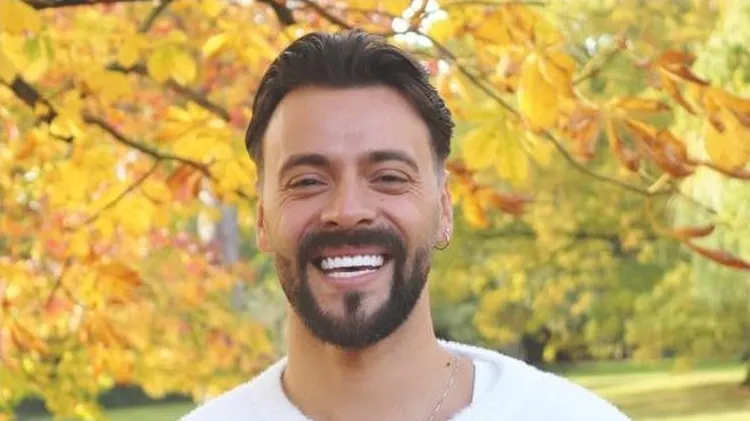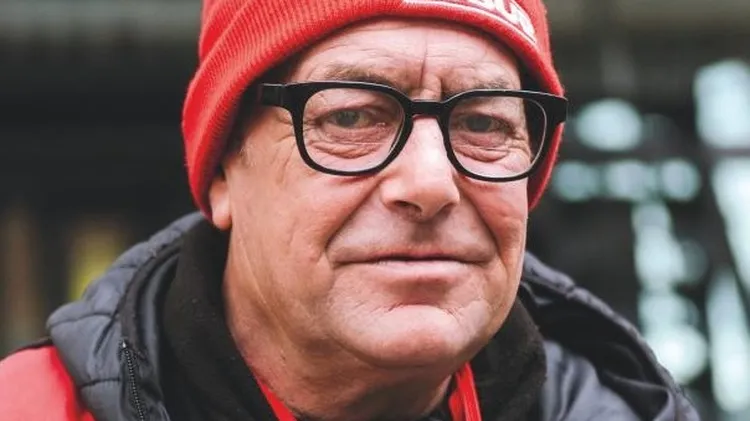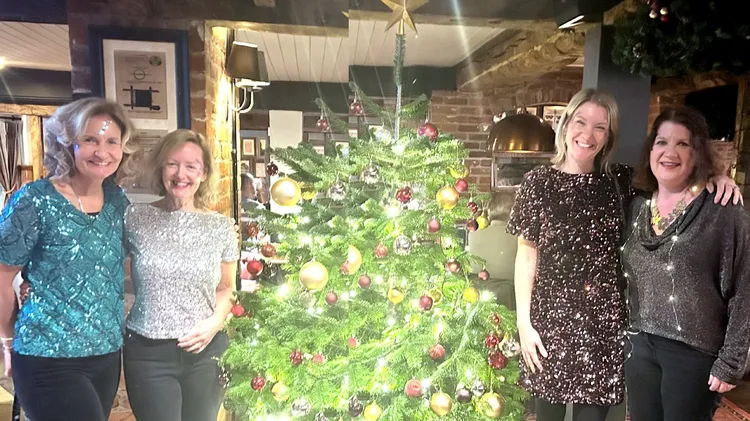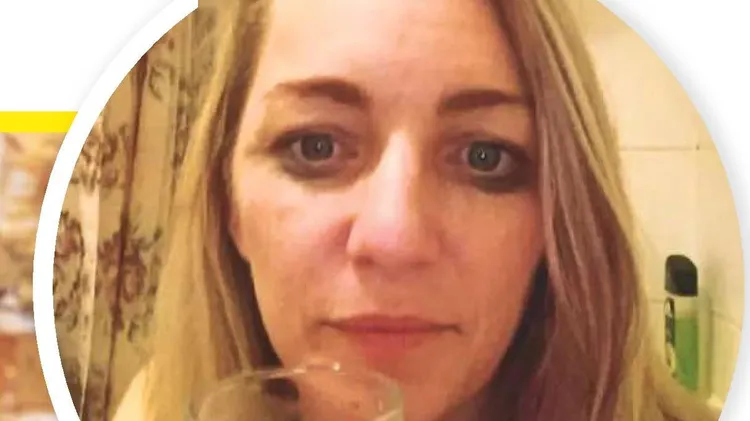By Isabella McRae Big Issue Social Justice R
Amy’splace:‘it’sbeautifulthat thisexists’
6 min read
This article is from...
Read this article and 8000+ more magazines and newspapers on Readly






